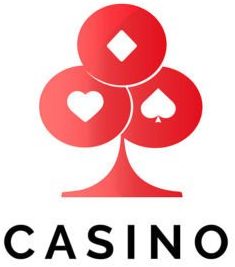As someone who has spent over a decade on the inside of the global online gaming industry, I’ve had the immense privilege of navigating the complex and ever-shifting world of international gambling regulation. The license under which a casino operates is not just a piece of administrative paper; it is the very soul of the operation. It dictates the rules of engagement, the standards of player protection, and the legal framework that guarantees a fair and secure gaming environment. For Greek players, the recent re-regulation of the online market and the issuance of new licenses by the Hellenic Gaming Commission (HGC) has been a monumental event. But it has also created a sea of questions. What is the real difference between a new Greek-licensed casino and the international brands, perhaps operating under a Malta (MGA) or Curaçao license, that players have been used to? As a representative of a platform like rabonacasino, which operates with a deep understanding of these regulatory landscapes, I feel a profound responsibility to provide an honest, unfiltered, and expert-level comparison. In this article, we are going to go far beyond a simple “this one is local, this one is foreign.” We will dissect the deep, structural, and philosophical differences between these licensing regimes. We will explore what each license truly means for your safety, your rights as a player, and your overall gaming experience.
The Philosophical Divide: The “Ring-Fence” vs. The “International” Model
To understand the differences, we must first understand the two fundamentally different regulatory philosophies at play.

